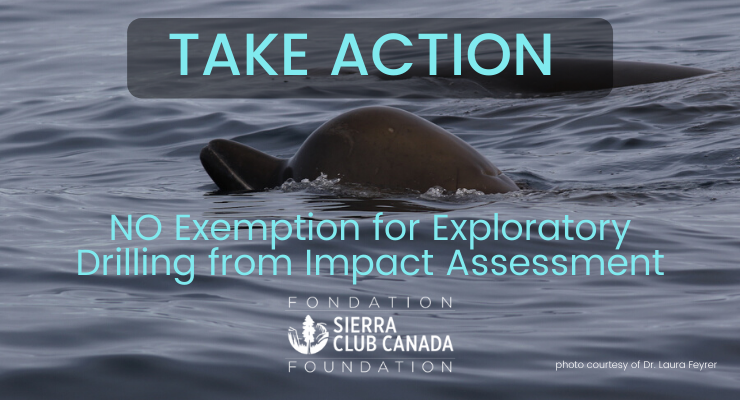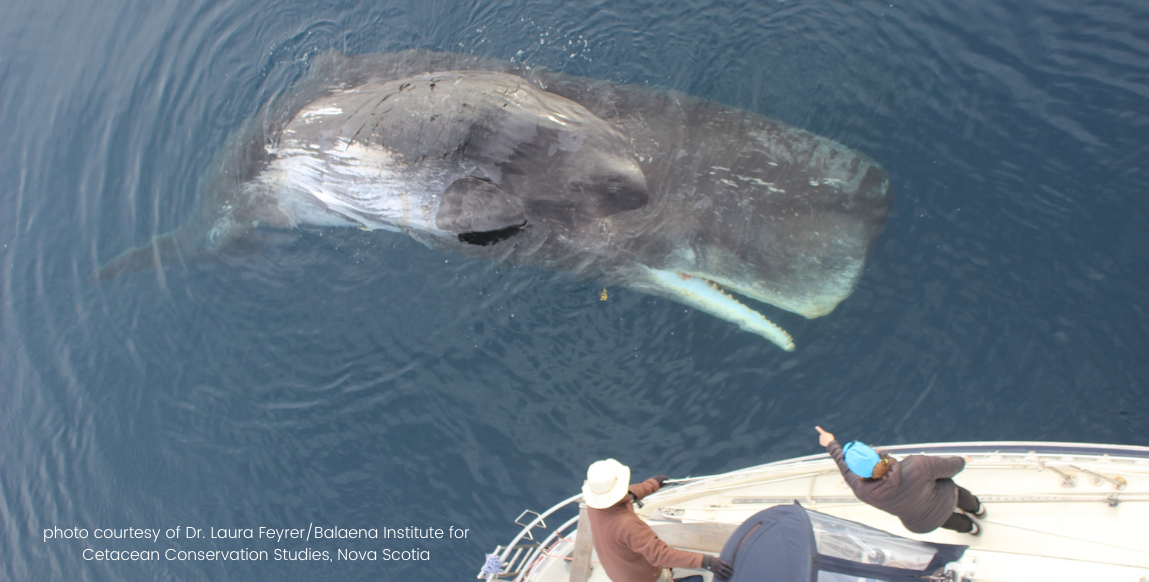
If you read the secret memo from the oil lobby to Canada’s government closely, one of the things the oil and gas industry wants under cover of the COVID-19 pandemic is an exemption for exploratory drilling from impact assessment.
. . .
Right now, nine projects - potentially drillling 144 exploration wells - are on the books to start off Eastern Newfoundland. These projects will immediately get approved if this gift to the oil industry is granted.
The completion of a regional impact assessment was the pre-condition for the Minister of Environment and Climate Change to make the proposed regulation.
One of the reasons for doing a regional assessment in the first place is to look at cumulative impacts of industrial activities in a region. In this case, a massive ocean area of over 735,000 square kilometres off Eastern Newfoundland, including international waters.
The committee performing the regional assessment indicated that did not have the time and resources to assess and evaluate the impacts of offshore drilling. As participants in this process, we are in no way reassured that the impacts of this rapid roll out of drilling have been fully assessed, never mind mitigated.
It is difficult to summarize our many concerns, but I will try.
1. The assessment refuses to confront the fact that emissions from drilling alone will put Newfoundland and Labrador’s climate targets out of reach. Newfoundland and Labrador plans to double its oil production by 2030 - the same timeline that governments around the world are doubling down on reducing emissions - yet the assessment fails to address these downstream impacts. The assessment even fails to mention Canada’s methane regulations, never mind incorporating science about methane emissions from offshore drilling into its GHG emission calculations.
2. The assessment does not address how massive seismic blasting and chronic noise will affect all ocean life, including the whales and sea turtles that frequent the area. New scientific advice from DFO regarding mitigating impacts of seismic is ignored, as well as the concerns of whale researchers who do field work in this area.
According to these researchers, the area is extremely rich in biodiversity, and at least a dozen different species of whales are found in large concentrations in the region - some areas are comparable to the Gully MPA off Nova Scotia. If this regulation goes ahead unchecked, endangered whales dependent on this region must live with the impacts of chronic noise and the regular threat of oil spills.
3. It is important to remember the BP spill in the Gulf of Mexico – which happened ten years ago this week – occurred when an exploration well was being drilled. The regional assessment fails to give enough information to know how the risk of a spill has been assessed, and we know that if a massive blowout occurred, there would be little to nothing we could do to stop it. Instead, the assessment punts dealing with the risk of spills – which even CAPP, the oil industry lobby group, admits is too high – to a later, unspecified process.
4. In spite of Canada’s commitment to protect special ocean spaces and restore fisheries, not a single location in the enormous region is designated as being off limits to drilling.
5. The regional assessment process was ad hoc, rushed, and slanted toward approval from the get-go. As a small example, such was the rush to come to the (foregone) conclusion of approval, that the assessment committee took all of ONE WEEK to look at input from over 40 experts, organizations and Indigenous groups. It is simply impossible that this information was read and understood, let alone incorporated into the final assessment report. The criteria for including information is unclear and unscientific and the GIS map produced by the process – based on incomplete and un-reviewed information - does not provide any way for the Minister to properly assess risk.
Please write Environment and Climate Change Minister Wilkinson to say letting this regulation go ahead is ill-timed and unsupported by a valid regional assessment process.
Thank You,
Gretchen Fitzgerald - National Program Director

